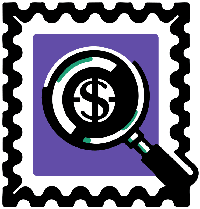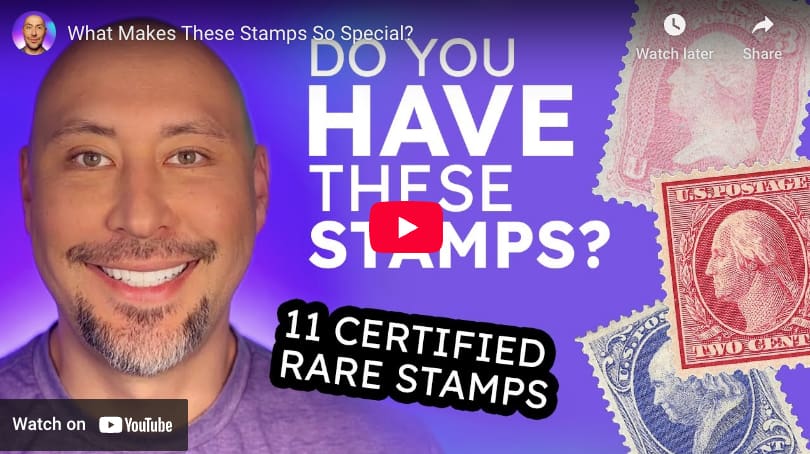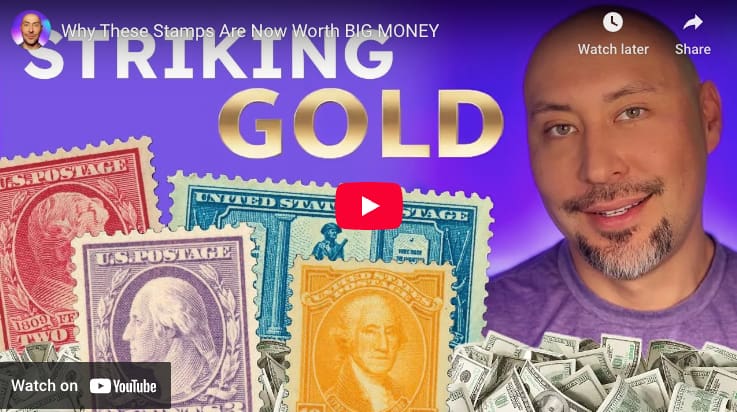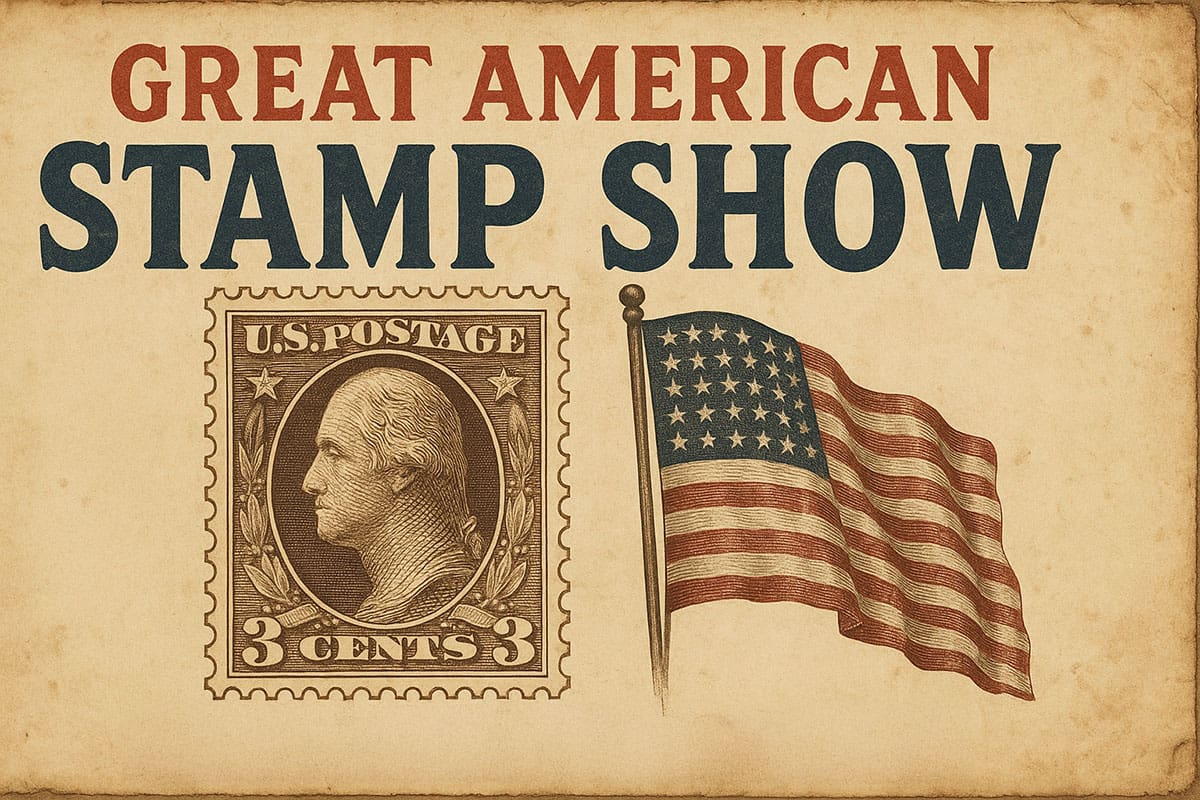In recent weeks, reports have surfaced that President-elect Donald Trump has expressed interest in privatizing the United States Postal Service (USPS), according to a Dec. 14 article by The Washington Post1.
This revelation was echoed by Reuters2 in an article published the same day, which highlighted the USPS’s significant financial challenges.
“The U.S. Postal Service, which has accumulated over $100 billion in losses since 2007, reported a net loss of $9.5 billion for the fiscal year ending Sept. 30,” Reuters noted. This marks a $3 billion increase from the prior year, largely attributed to a year-over-year rise in non-cash workers’ compensation expenses.
The Washington Post, as reported by Reuters, stated that Trump has discussed the idea of privatizing USPS with Howard Lutnick, who is considered for the role of commerce secretary in his administration.
Trump’s relationship with USPS has been described as strained, with Reuters reporting that his transition team is exploring the possibility of canceling contracts aimed at modernizing the postal fleet through electrification.
According to unnamed sources, Trump’s team is evaluating options to unwind significant contracts between USPS and manufacturers such as Oshkosh and Ford. These agreements involve the procurement of battery-powered delivery vehicles and charging infrastructure worth billions of dollars.
Pros of Privatizing the Postal Service
- Increased Efficiency
Privatization could streamline USPS operations by adopting private-sector practices. Competition may encourage faster delivery times, better customer service, and innovative solutions to logistical challenges. - Reduced Financial Burden on Taxpayers
USPS has faced billions of dollars in losses annually. Privatization could alleviate taxpayer liability for covering these deficits, shifting financial responsibility to private investors and stakeholders. - Adaptability to Market Demands
A privatized postal service could be more flexible in adjusting prices and services to meet consumer needs, potentially expanding offerings beyond traditional mail delivery. - Potential for Profitability
By operating as a private entity, USPS could focus on profitability, which may lead to better resource allocation and investment in cutting-edge technology.
Cons of Privatizing the Postal Service
- Loss of Universal Service Obligation
Currently, USPS is mandated to provide affordable mail delivery to every address in the United States, including rural and underserved areas. Privatization could result in reduced service to less profitable regions. - Higher Costs for Consumers
Privatization may lead to increased postage rates and delivery fees as private companies seek to maximize profits, making essential services less accessible to the public. - Risk of Job Losses
USPS is one of the largest employers in the country. Privatization could result in significant layoffs or wage reductions as private companies restructure operations to cut costs. - Reduced Oversight and Accountability
A government-run USPS is subject to public scrutiny and regulations. Privatized services may operate with less transparency, raising concerns about fair practices and service quality.
The debate over privatizing USPS raises complex questions about balancing efficiency with equitable access to essential services. While the financial struggles of the Postal Service are undeniable, the implications of privatization would likely have far-reaching effects on businesses, consumers, and postal workers alike.

















Ask A Question Or Leave A Comment